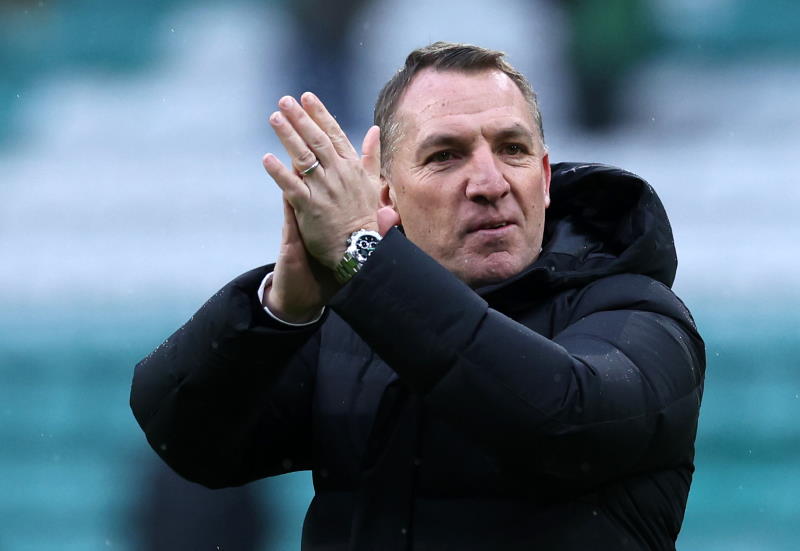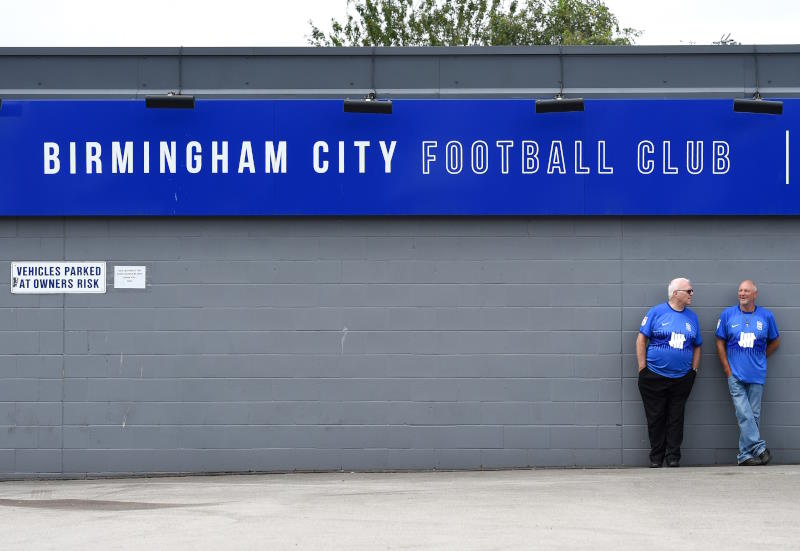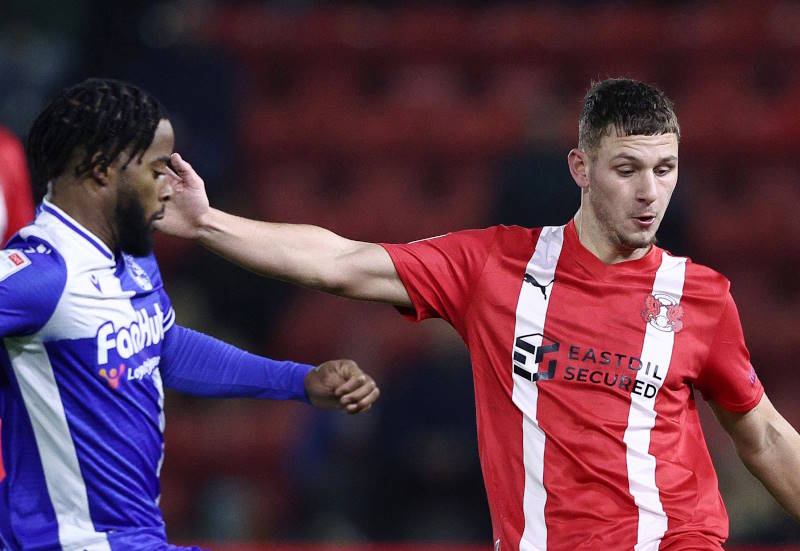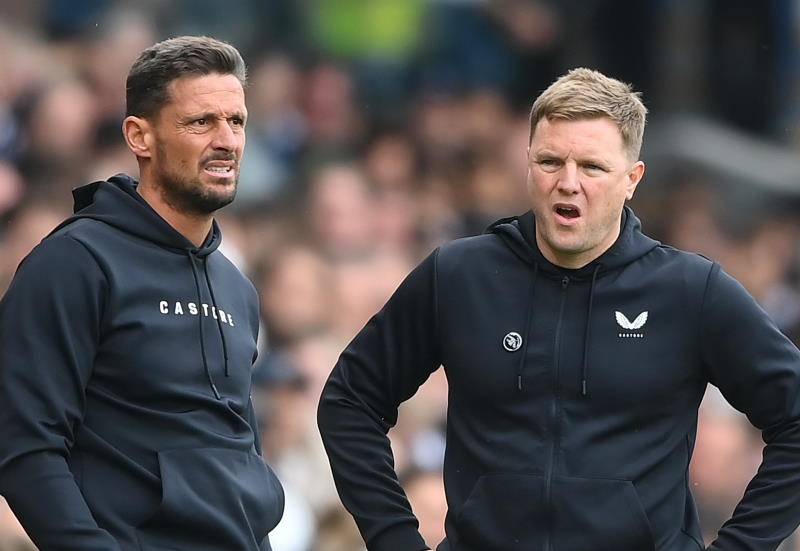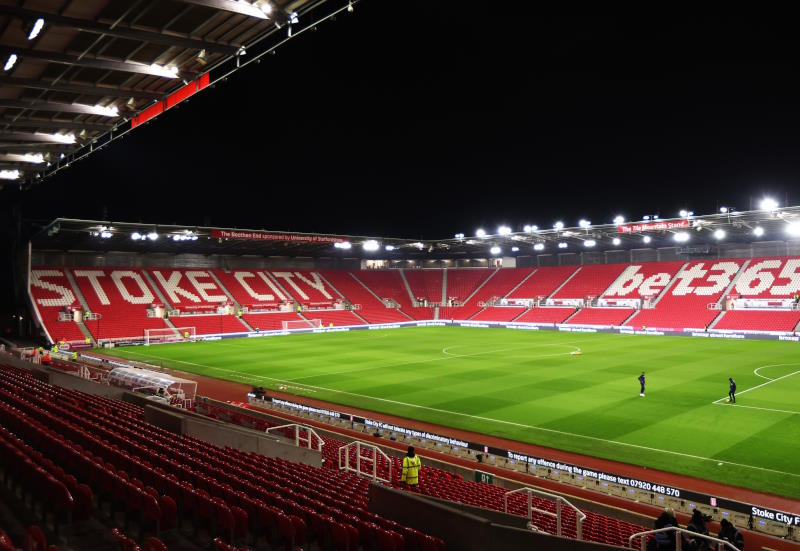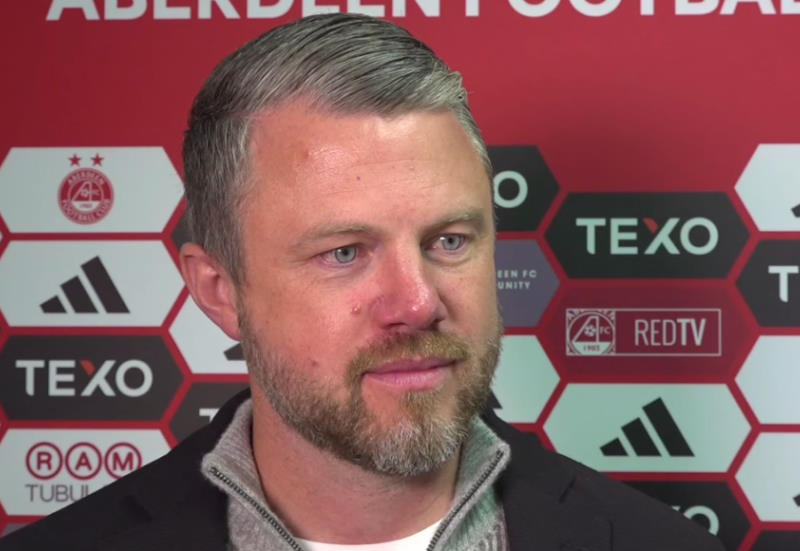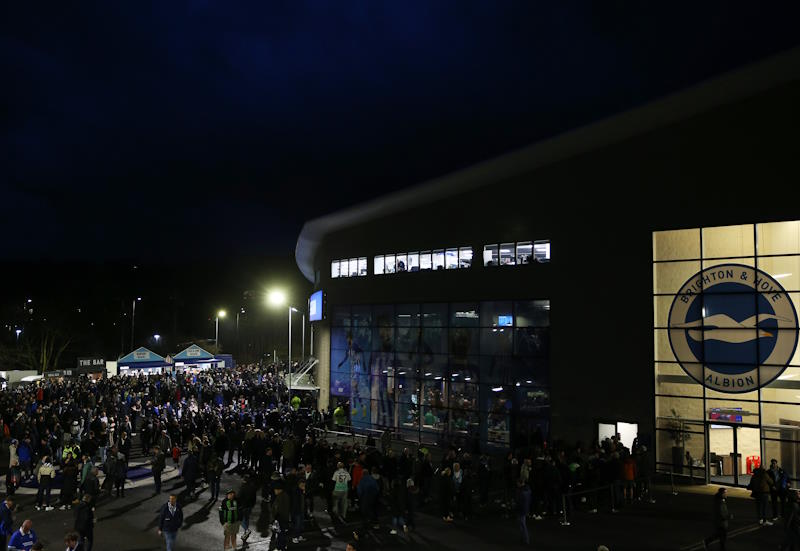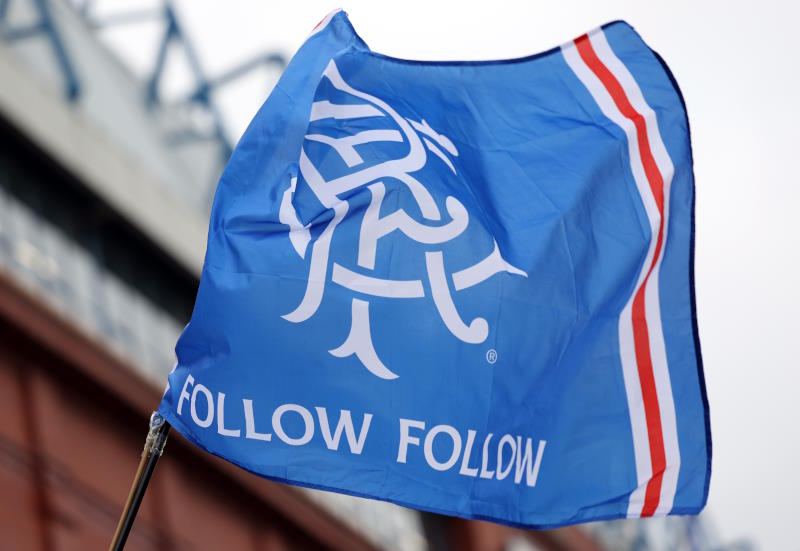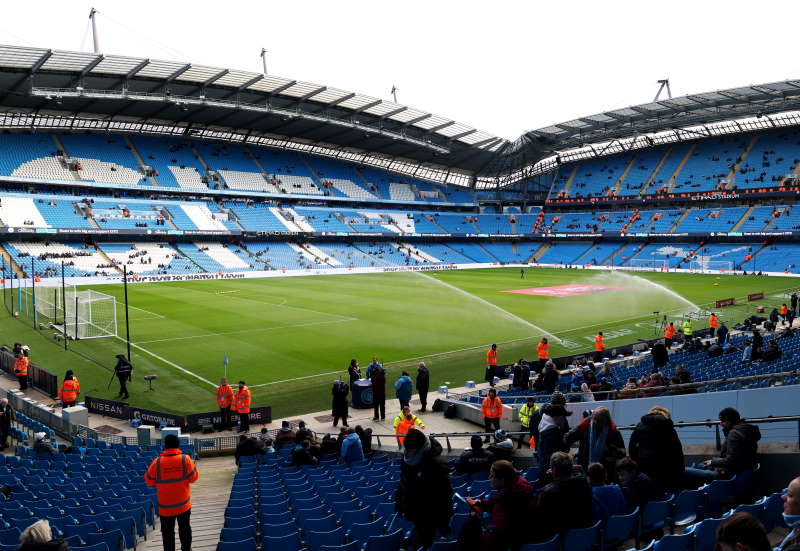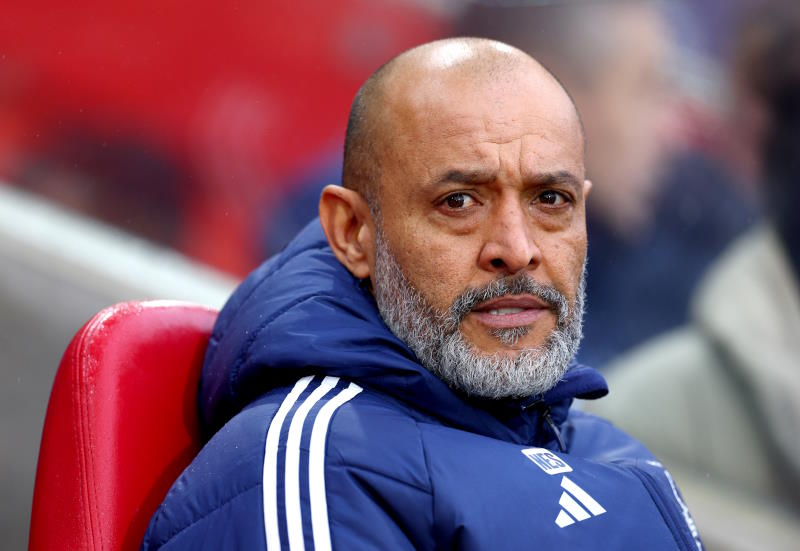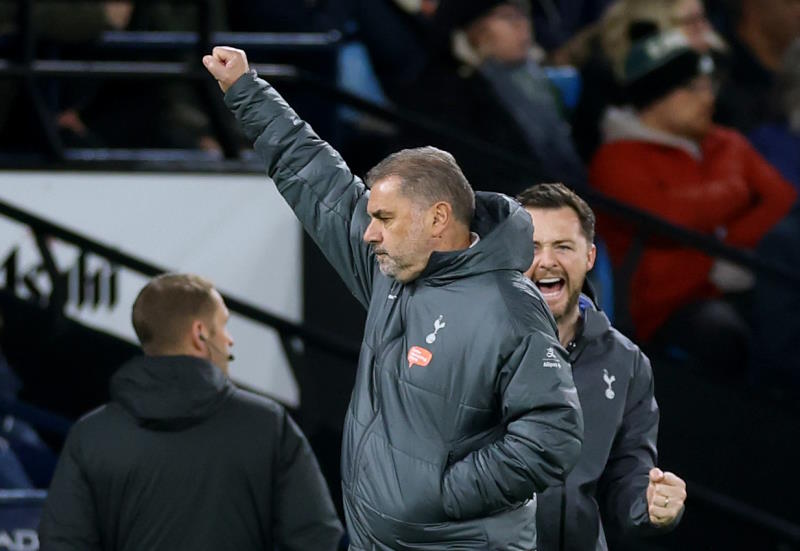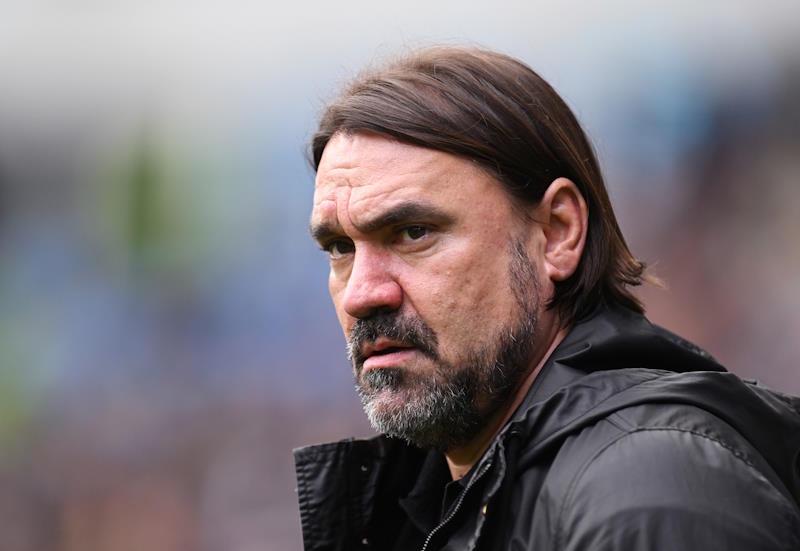
After a highly contested World Cup in South Africa, the footballing public have seen the cream rise to the top as two teams, and both will be bidding to claim the world’s biggest prize for the first time in their history.
Hanging over both teams as they take to the pitch is the heavy influence of Dutch master Johan Cruyff and the pioneer of total football, Rinus Michels. Both Cruyff and Michels have been lauded time and time again in their homeland, but it is now in Spain where their vision is arguably being executed best. Both too had more than a hand is setting up Barcelona in the attacking total football style evident today. Eight of the current 23-man Spain squad play for Barcelona, and more than a few others have come through their youth ranks.
On the other side of the fence, the inventors of total football have taken a much more pragmatic approach to the 4-3-3 come 4-2-3-1 forged by the Dutch teams of the 1970s. Coach Bert van Marwijk has been very reluctant to remove any of his two screening midfielders during the course of the World Cup, and it is arguable that much of Holland’s success in chasing down the ball has come from the dogged tenacity of Bayern Munich captain Mark van Bommel, and former Ajax man Nigel de Jong.
Spain on the other hand have almost monopolised possession in every game they have played, barely giving up the ball to their opponents and virtually frustrating their rivals into submission. Xavi Hernandez and Andres Iniesta have been the typical suppliers from a wider position than they are perhaps used to, with Sergio Busquets and Xabi Alonso also providing the passes where needed. Busquets in particular has come in for praise from Vincente del Bosque with the former Real Madrid coach lauding his ability to provide a fulcrum for the team, and labelling him ‘the most important player in the side.’
In this World Cup final the midfield battles are set to be intense, but there are myriads of potential exploitable points for both teams. Here are the key duels to watch out for across the pitch:
Arjen Robben vs Joan Capdevilla
Perhaps one of the most intriguing battles of the final, Arjen Robben has been back to his regular destructive best, marauding down the right flank, looking to cut inside where possible to shoot. His runs have yielded fruit in all the knockout games resulting in two goals in three games. The winger was particularly key against Brazil, drawing fouls from Michel Bastos on half a dozen occasions, and eventually playing a part in tempting Felipe Melo to an eventual red card.
Joan Capdevilla has been a stalwart as usual for the Spanish, but he has his work cut out against Robben. Perhaps not the fastest of the Spanish defenders, the left back will look to get forward where possible to supply extra width. However, with Robben at looking to get forward at every possibility, the Villarreal man will have to check his runs more often than not to make sure the Dutchman doesn’t get in behind. However, with Pedro, a natural wide player, playing in the attacking third, Capdevilla’s need to get forward may be less frequent, unlike previous games where he was supplying the only width on the left flank.
However, Capdevilla may yet get a break of sorts as Robben and Dirk Kuyt may well switch flanks during play which could cause problems for Sergio Ramos on the Spanish right flank.
Nigel de Jong vs Xavi Hernandez
A gritty Dutch midfield has been central to the success of the Oranje, and De Jong has played a vital part in winning the ball back when the team lose possession. Rooting out passes and putting in the tackle, the hard-hitting midfielder has had a solid tournament, but he has yet to come up against the creativity of someone like Xavi.
The Barcelona midfielder has been integral to Spanish successes since the side’s Euro 2008 win. His passing, movement and vision have served La Furia Roja well and he is rarely seen giving up possession to the opposition. Essentially another fulcrum of the Spanish side, De Jong and Van Bommel will have to close down the creativity of the midfield maestro. De Jong’s reading of the play in particular will be vital to the Dutch effort.
Xavi has a champion’s mentality due to his career-long stay with Barcelona, and he will be looking to add a World Cup trophy to his burgeoning collection of winners’ medals. If Xavi can be closed down, then the Dutch will be going a long way towards winning the game, as the midfielder is central to everything good about Spain.
David Villa vs Joris Mathijsen
David Villa is well on his way to being the top scorer at this World Cup and he will be looking to add to his tally against Holland. However, it must be noted that the lack of form of regular striking partner Fernando Torres has certainly had an impact on the new Barcelona recruit’s form. Torres was dropped for the semi-final against Germany and Villa looked a lot more isolated that he had in previous games. Unsurprisingly, the striker failed to register a goal. Coming in from deep is where Villa can get real joy and leading the line is perhaps not the greatest place for the former Valencia man with no one to draw defenders out of position for him.
Joris Mathijsen has probably been the best defender for the Oranje in recent years, and his performances at the heart of defence have been rightly lauded. Solid in the tackle, and an effective marker, Mathijsen was missed against Brazil. The defence looked brittle without him and with his return against Uruguay, the Dutch backline looked a lot more assured, albeit conceding two goals. He and John Heitinga are possibly one of the shortest defensive pairings in the World Cup, with neither over 6ft. However, against Spain, it will be their ability to play along the ground that will be pivotal.
It’s a battle that could go either way, but even with the lack of a striking partner, Villa’s movement off the ball will cause more than a few problems for Mathijsen. Bert van Marwijk will be hoping that the Hamburg man will be able to keep Spain’s goalscoring machine quiet for as long as possible.

